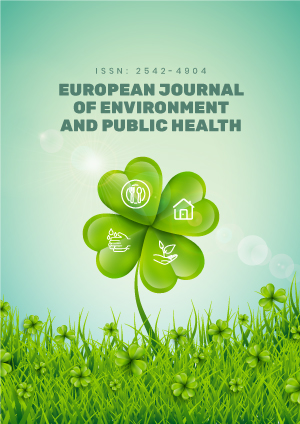Abstract
Foodborne diseases continue to impact human health and the economy. The COVID-19 pandemic has dramatically affected the food system from production to consumption. This project aims to determine the impact of the COVID-19 pandemic on the spread of foodborne diseases and the factors that may have contributed, including environmental, behavioral, political, and socioeconomic. Data for this study were collected from The Foodborne Diseases Active Surveillance Network (FoodNet) for 2015-2020. FoodNet personnel located at state health departments regularly contact the clinical laboratories in Connecticut (CT), Georgia (GA), Maryland (MD), Minnesota (MN), New Mexico (NM), Oregon (OR), Tennessee (TN), and selected counties in California (CA), Colorado (CO), and New York (NY). Data were analyzed using SAS to determine the changes in rates of foodborne pathogens reported in FoodNet before and during the COVID-19 pandemic in the ten reporting states. Results of the study showed a significant decline in the incidences of foodborne diseases ranging between 25% and 60%. A geographical variation was also observed between California and states with the highest decline rate of foodborne illnesses. Policies and restrictions, in addition to environmental and behavioral changes during the COVID-19 pandemic, may have reduced rates of foodborne diseases.
Keywords
License
This is an open access article distributed under the Creative Commons Attribution License which permits unrestricted use, distribution, and reproduction in any medium, provided the original work is properly cited.
Article Type: Research Article
EUR J ENV PUBLIC HLT, Volume 7, Issue 2, 2023, Article No: em0128
https://doi.org/10.29333/ejeph/12585
Publication date: 01 Apr 2023
Online publication date: 28 Oct 2022
Article Views: 2197
Article Downloads: 1397
Open Access References How to cite this article
 Full Text (PDF)
Full Text (PDF)